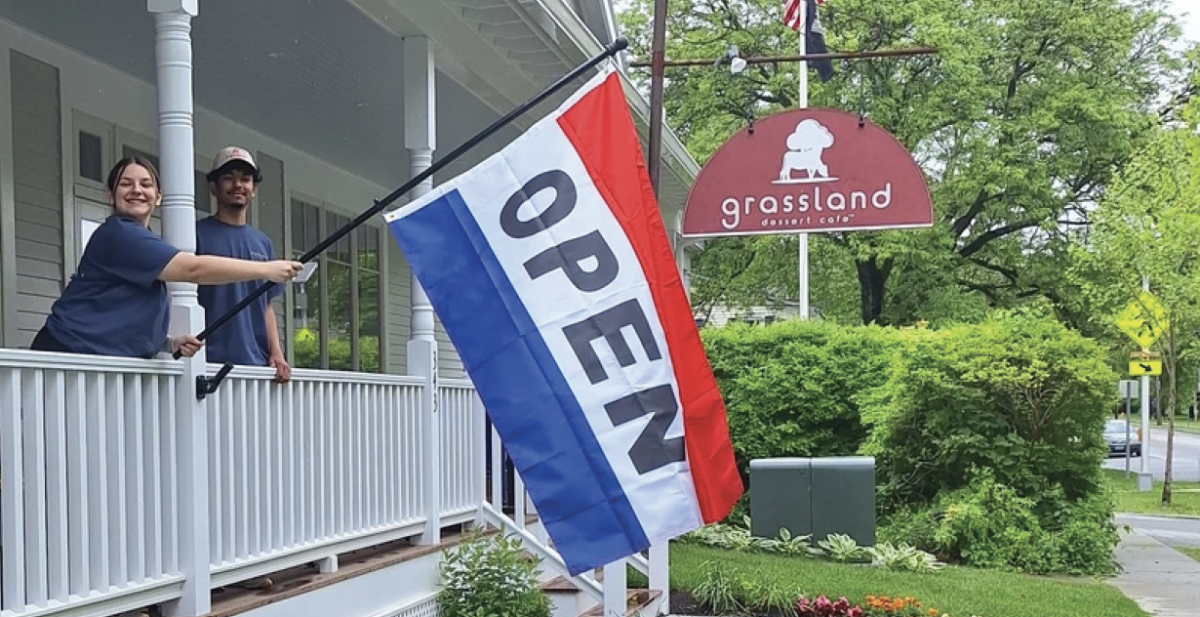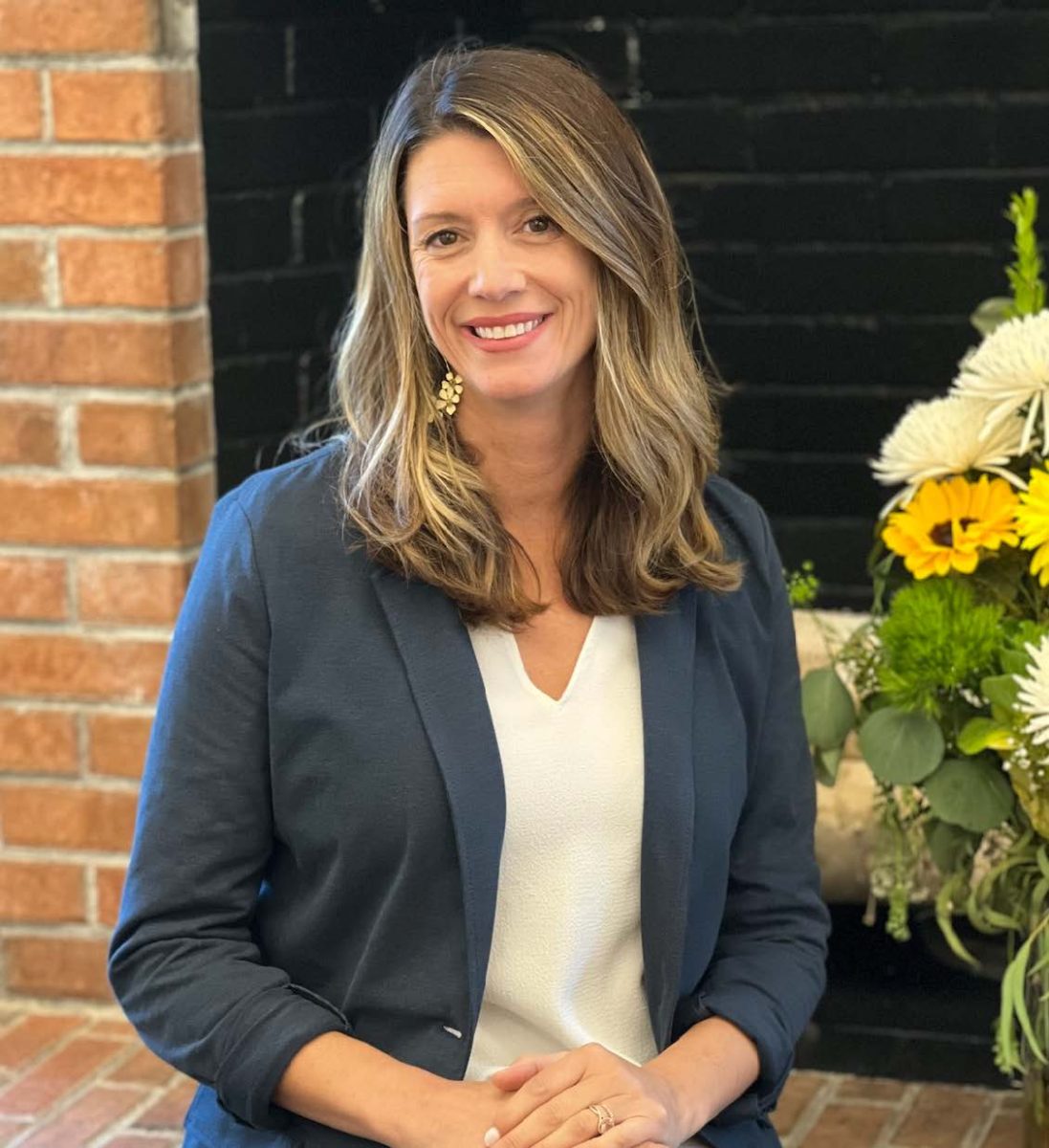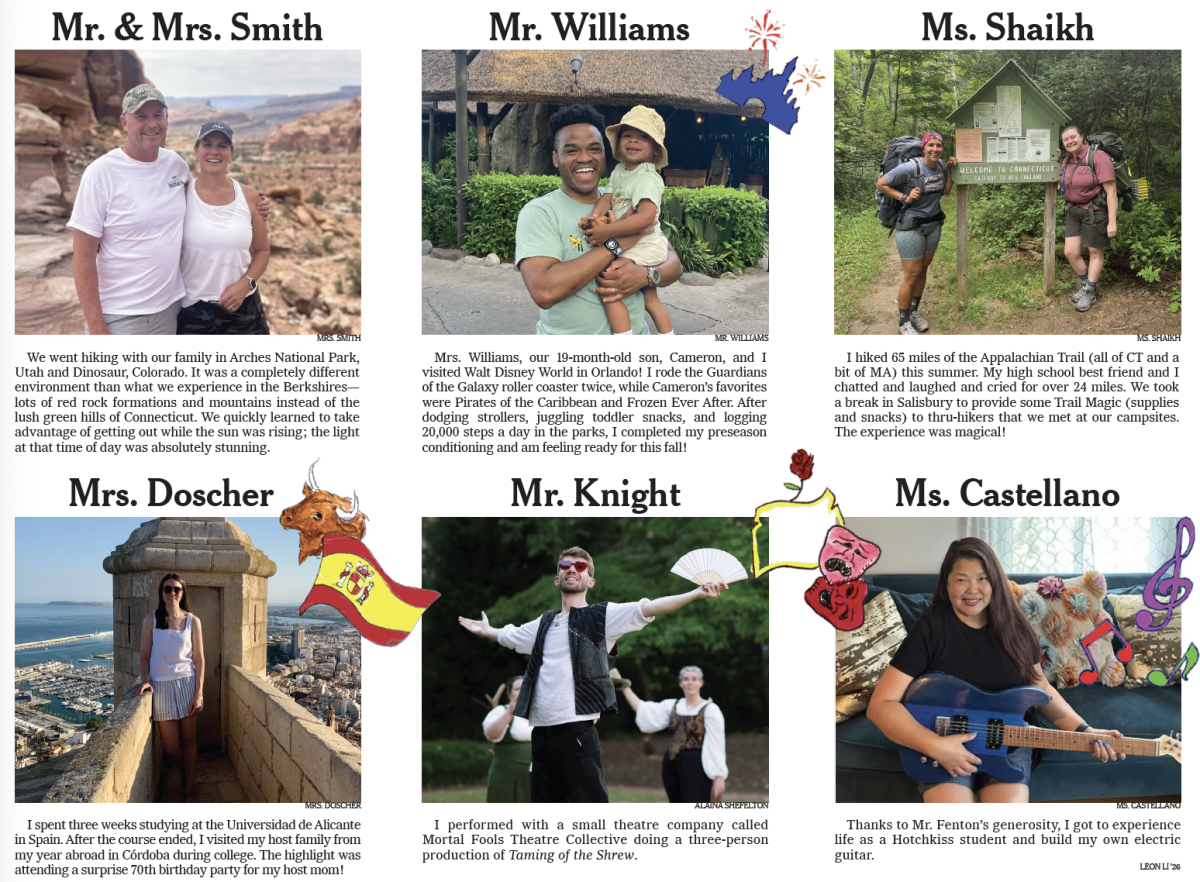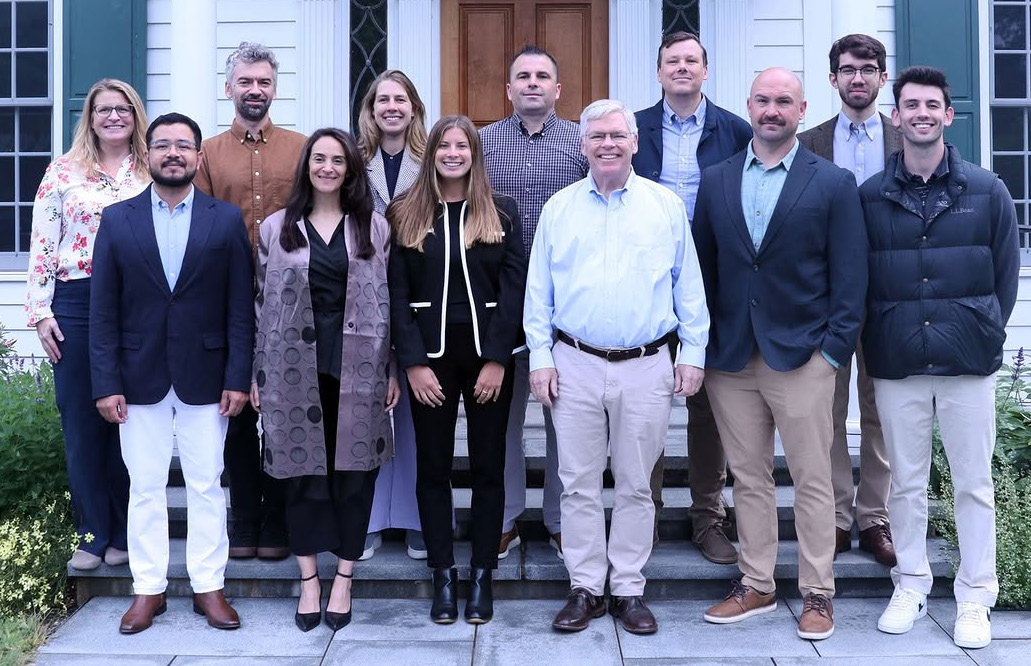Faculty will offer several new courses for the 2024-2025 school year, including “Further Math: Theories from Euclid to Einstein” (MA653S), “Asian American History” (HI454S), “Prototyping and Fabrication” (EG420Y), and “Cybersecurity” (CO553S). These courses aim to provide opportunities for students to dive deeper into advanced topics.
Course options are evaluated each year by the academic office based on their feasibility and how they fit into the curriculum. Mr. Richard Davis, dean of academic life, said, “There’s a natural rotation of different courses in a department. We want to keep the offerings fresh, so we remove some courses and offer new ones while keeping the core classes.”
MA653 will allow students who have already taken MA580 or MA650 to explore central theorems and key thinkers in the history of math and physics.
Mr. Alexander Ginzburg, instructor in mathematics and computer science, said, “We will focus on examining the mistakes within past theories, because very smart people didn’t always do the perfect job, and it’s interesting to see where and why they went wrong.” The class will prioritize conceptual understanding rather than problem-solving.
“Prototyping and Fabrication” will be a year-long, hands-on course in advanced engineering. Students in the class will utilize the EFX lab and work with fabrication tools like CNC routers, laser cutters, 3D printers, wood tools, and an Arduino microcontroller. Mr. Bill Fenton, director of the EFX lab, said, “The hope is that students learn practical skills in fabrication, such as which kind of fabrication technique is suitable for the design requirements, which kind of fasteners are best to use in certain situations, whether you are building a bridge, a table, or a statue. It will provide many advantages for our future engineers.” The course will be taught by Mr. Fenton and Ms. Beth Smithey, instructor in chemistry and physics.
The new addition to the humanities & social sciences department, “Asian American History,” will explore the contributions of Asian Americans to the development of the United States. It will address common misconceptions about Asian American communities, the historical roots of migration, and challenges to inclusion and justice in the U.S.
The course will be a spring elective taught by Mr. Mike Fitzgerald, instructor in history. Mr. Fitzgerald said, “Over the past four years, there has been a rise of anti-Asian and anti-Asian American hate. I think there is a lack of understanding about the ways that the Asian American experience fits into the multifaceted experience of the United States.”
Ms. Tammy Andrew, instructor in mathematics and computer science, designed the new spring elective for second-year computer science students, “Cybersecurity.” Mr. Roger Wistar, director of computer science, said, “It’s going to cover many different aspects of cybersecurity and the threats hackers could use to try to breach a system.”
Students will work with a virtual cyber range, a platform that allows users to defend against simulated cyber attacks.





